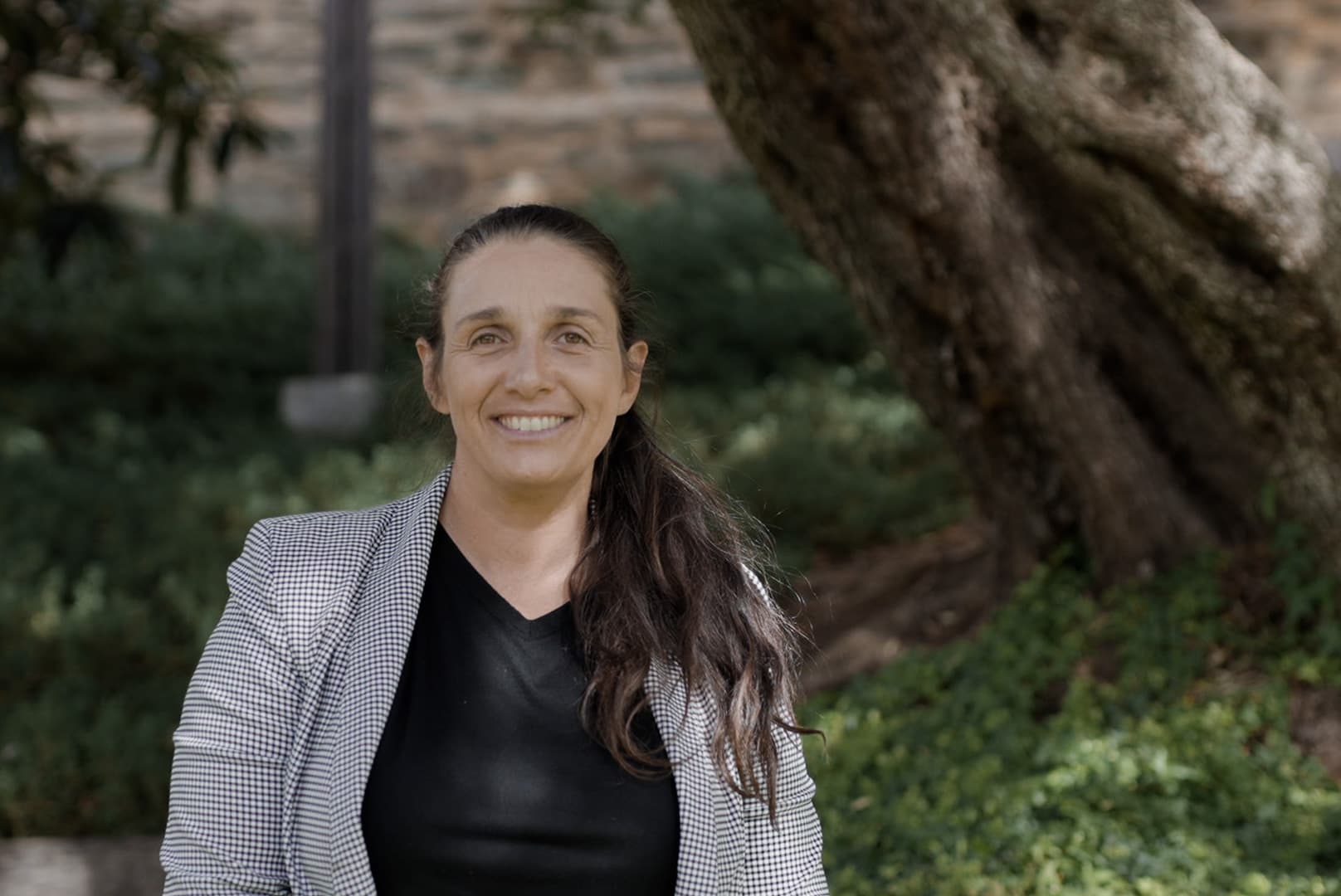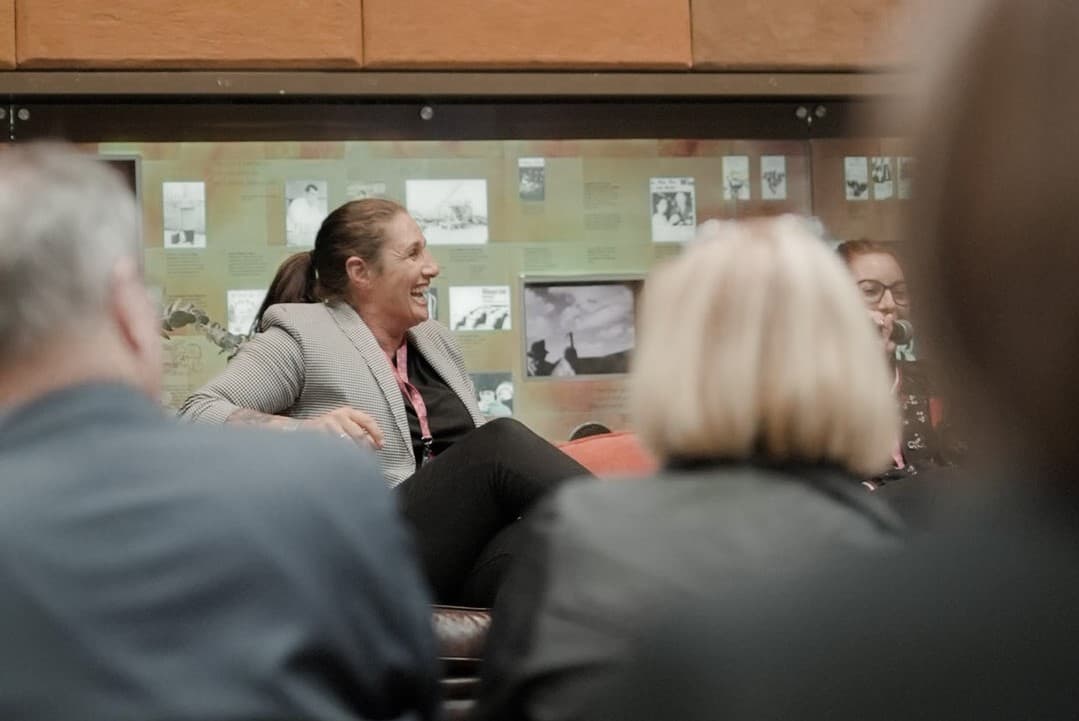Olympia the maggot farmer
When asked what exactly led her to being the founder of a company that uses insects for waste management, Olympia says it began with wanting to make feed for her farming enterprise to offset input costs.
“The more I worked with insects, the more I realised – if we can make a box where these things can exist, and that box can be a system that actually empowers this waste management process, we could be onto something.”
Why does it need to be in a box?
Well, the way Olympia sees it, “No one wants to drop off food waste to the middle of nowhere for maggots.”
“We are providing landfill anywhere it’s needed; we are meeting the customer where they are, even if that’s in the carpark of a shopping precinct,” Olympia explains.
Rewind to where it all began, and Olympia says she was simply singular in her approach.
“I just decided, ‘I’m making a maggot robot!’ and that’s what I went about doing.”
After raising a cool $9.2 million, with an $8 million Series A round in 2020 led by Tenacious Ventures and backed by Mike Cannon-Brookes, it’s clear that Olympia’s no fuss attitude and dogged determination is working for her.
But she doesn’t discredit the challenge of transitioning a business from a great idea into a commercial reality.
“It’s simple in its mechanics, just not in the emotional challenge of doing it. But I never underestimate any woman who puts her mind to achieving something she really wants.”
What she brought to life was ground-breaking waste management technology that provides fee-for-service waste management using insects.
In laymen’s terms, Goterra has created infrastructure that allows insects to live inside it so they can process a large volume of waste, and then those insects can be turned into livestock feed and fertiliser.
Beyond radically reducing the impact of food waste on our planet, Goterra’s model means there is an income source twice in the loop – a fee to manage waste and then sell their products.
A solution that makes as much sense as Goterra begs the question, ‘Why has this not been done before?’
“We were the first to commercialise the solution in this way. There have been a few other technologies, but our difference is that we know who we are, we know what we do well, and we know who we do it well for,” Olympia explains.
Agriculture’s marketing problem
According to Olympia, marketing just isn’t something agriculture does well.
“The marketing of agriculture relies so heavily on iconography to evoke feelings and create compelling narratives, but those things are counter to attracting people to agriculture.
“You do not have the option to use the battler story in the same breath as trying to attract someone to work on the land,” Olympia explains.
Olympia believes these conflicting narratives might just be costing agriculture the breadth of talent it’s going to need, now and into the future. In fact, if agriculture’s marketing proposition was up to Olympia, she’d completely abandon the images of “an Akubra, a four-wheel drive, a kelpie and a dusty flock of sheep walking into a mob”.
“But if you want to show me a person in a beautiful field flying a drone, or a scientist taking water samples or some genetic work – then we can talk!”
“Just show me less Man from Snowy River and more science, tech and the cool stuff.”
Connecting to our food system
No stranger to the ‘cool stuff’ herself, Goterra recently won the Australian Technologies Competition for Food & Agribusiness. With an increasing number of agrifood tech founders being recognised for their innovation, Olympia suggests that this signals a shift towards a closer connectedness to our food system.
For Olympia, some are seeing these changes as a threat, rather than an opportunity and the tools to do better.
“There’s been a lot of conversations around what is milk and what is meat, but we are missing very dangerous warning signs which have nothing to do with naming language and have everything to do with social licence.











